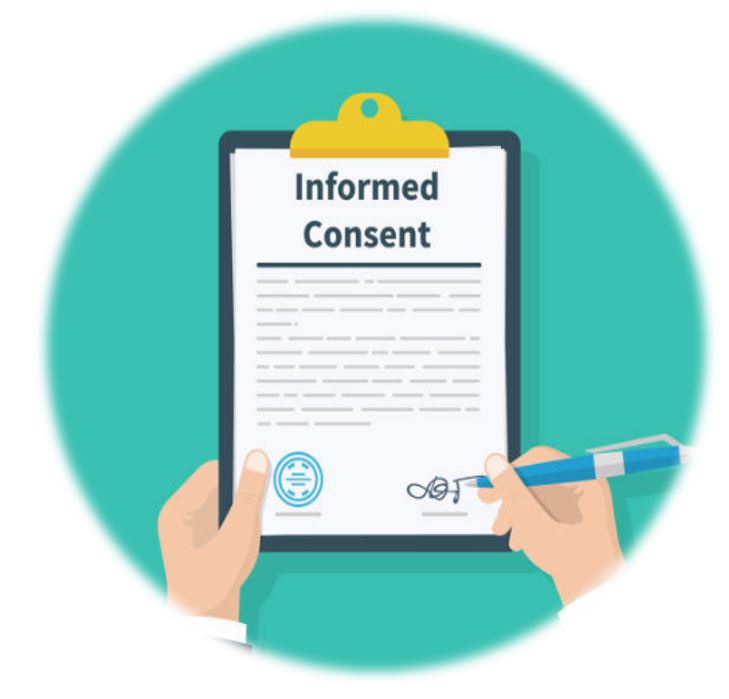Informed consent must be obtained from the individual or the person with the parental responsibility before proceeding with a vaccination.
responsibility before proceeding with a vaccination.
They must be given enough information regarding the flu vaccination, to enable them to make an informed decision before giving consent. This includes information that must be shared, the vaccination process and benefits and risks of immunisation for the individual to be able to communicate their decision. Health professionals should ensure that the individual (or those giving consent on their behalf) fully understand the flu vaccine to be administered; the risks of not having the vaccination; any side-effects and how to deal with them and any follow-up actions required.
Learn more below for different consent requirements
Adults (those aged 18 or over) must consent to their own treatment. If an adult is not able to make a decision for themselves, you should consult:
- Mental Capacity Act (2005) for England and Wales.
- Adults with Incapacity Act (Scotland) 2000.
- Mental Capacity Act (2016) for Northern Ireland.
Pharmacists should be confident that customers aged 16 to 17 years of age are able to consent to their own medical treatment, without the need for parental permission or knowledge. You may assess the customer's capacity to consent using Gillick competency.
Young children are not competent to give or withhold consent. This consent must be given by a person with parental responsibility, who is themselves capable of consenting and communicating their decision.
Consent can be given in writing, verbally or by co-operation; it is not a legal requirement to complete a consent form as it is not conclusive proof that consent has been given but serves to record the decision and discussions that have taken place. Consent must be given voluntarily and freely6.
